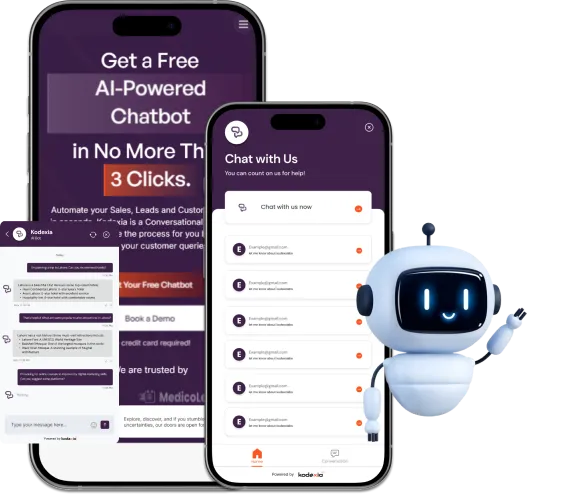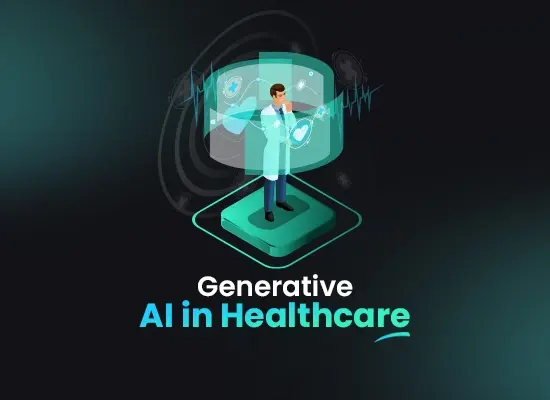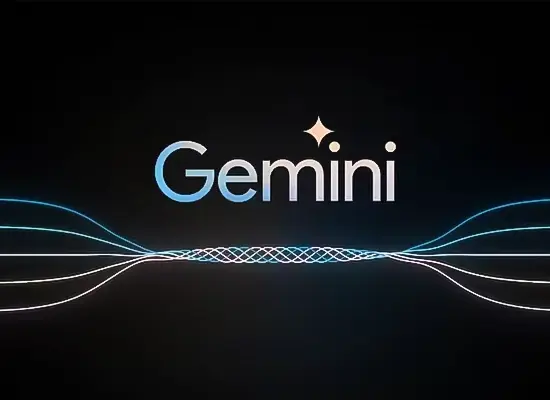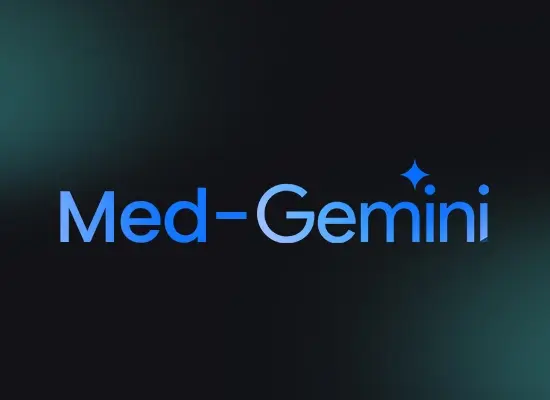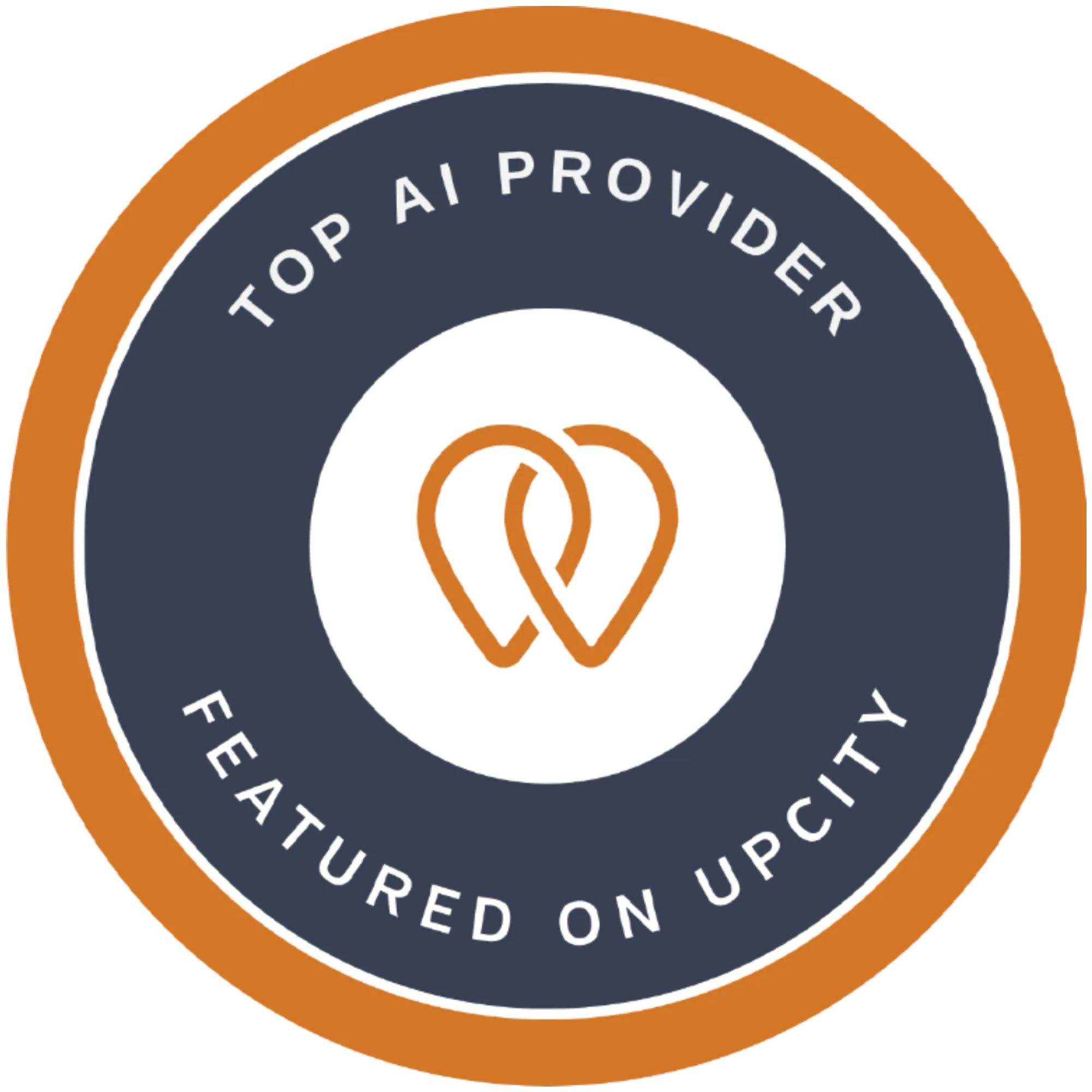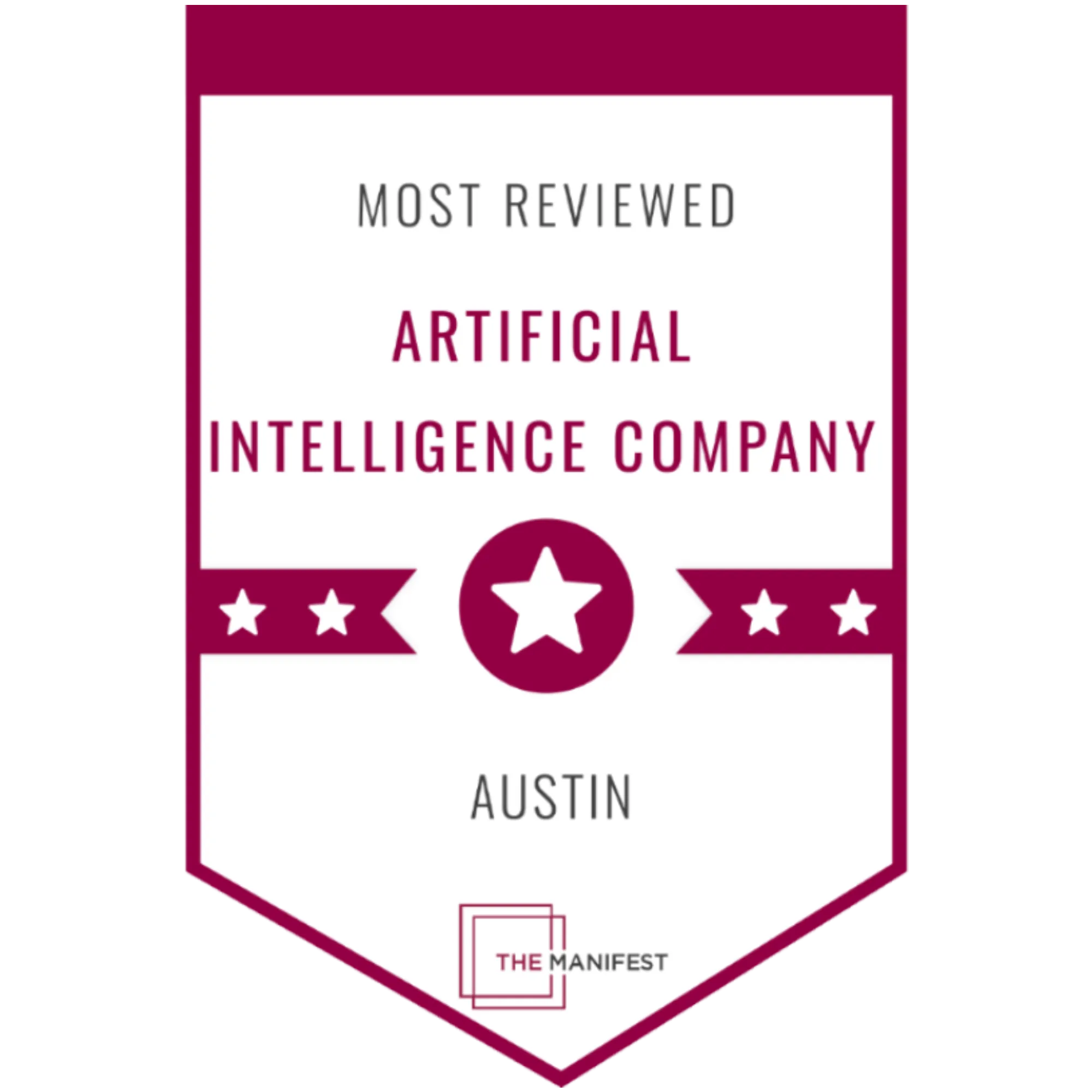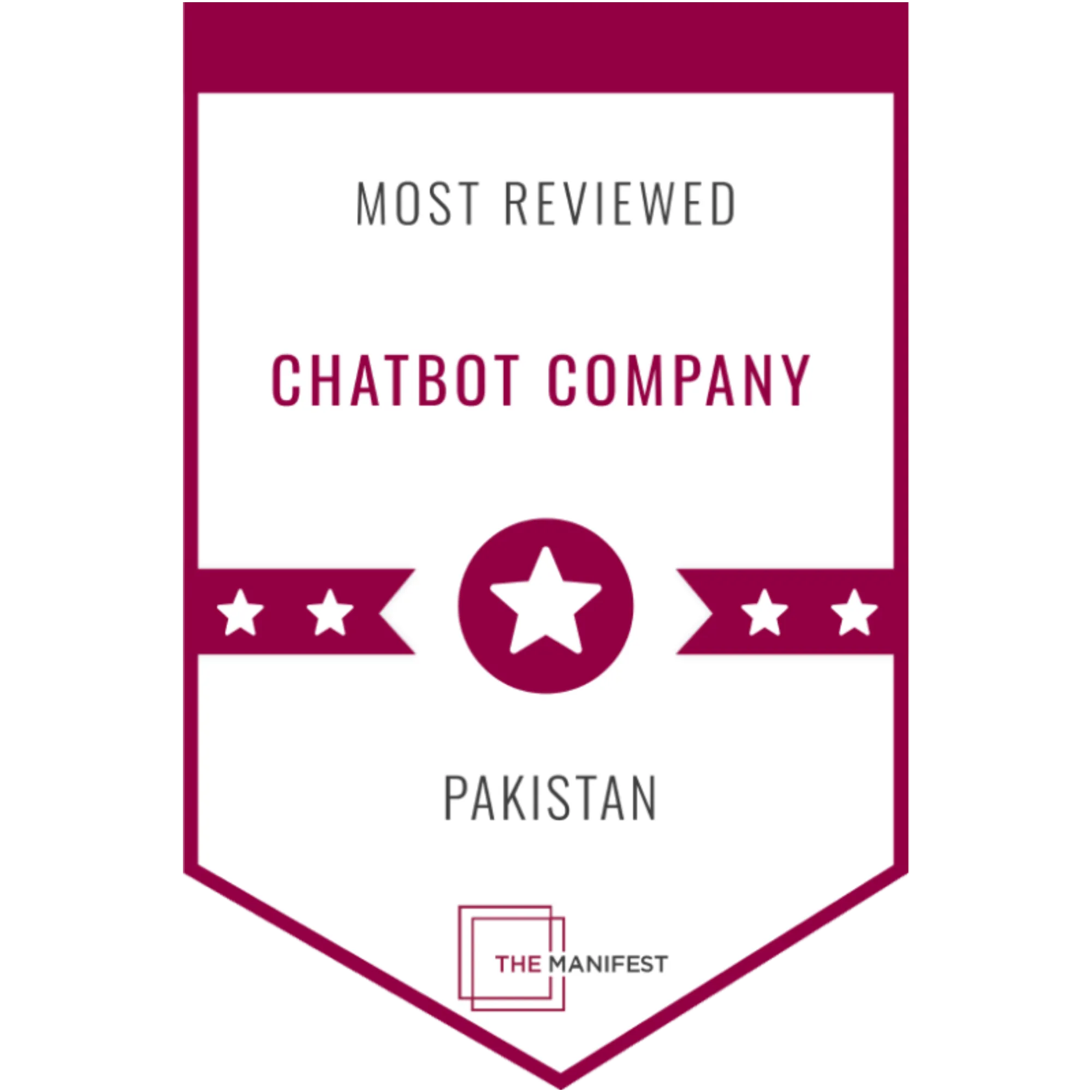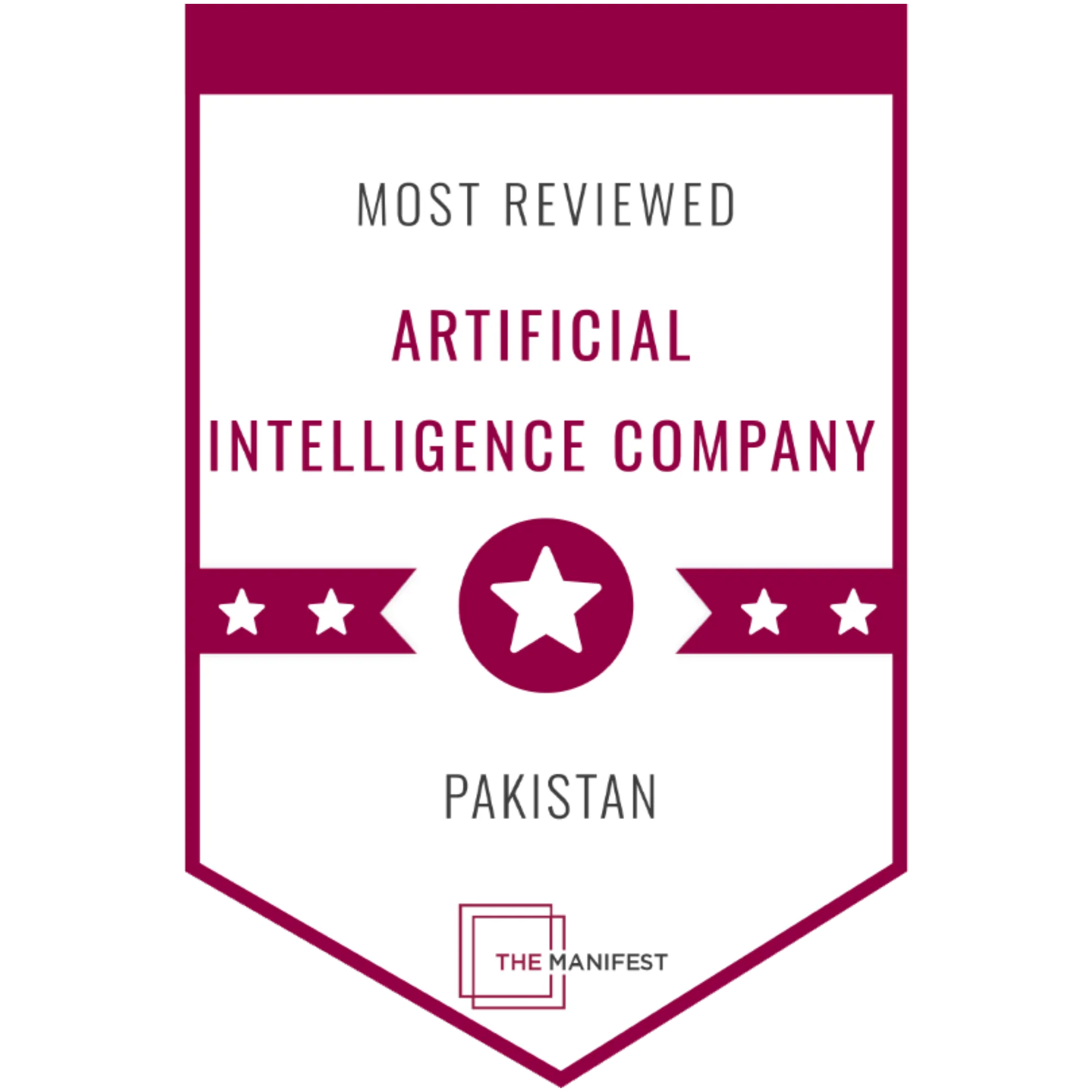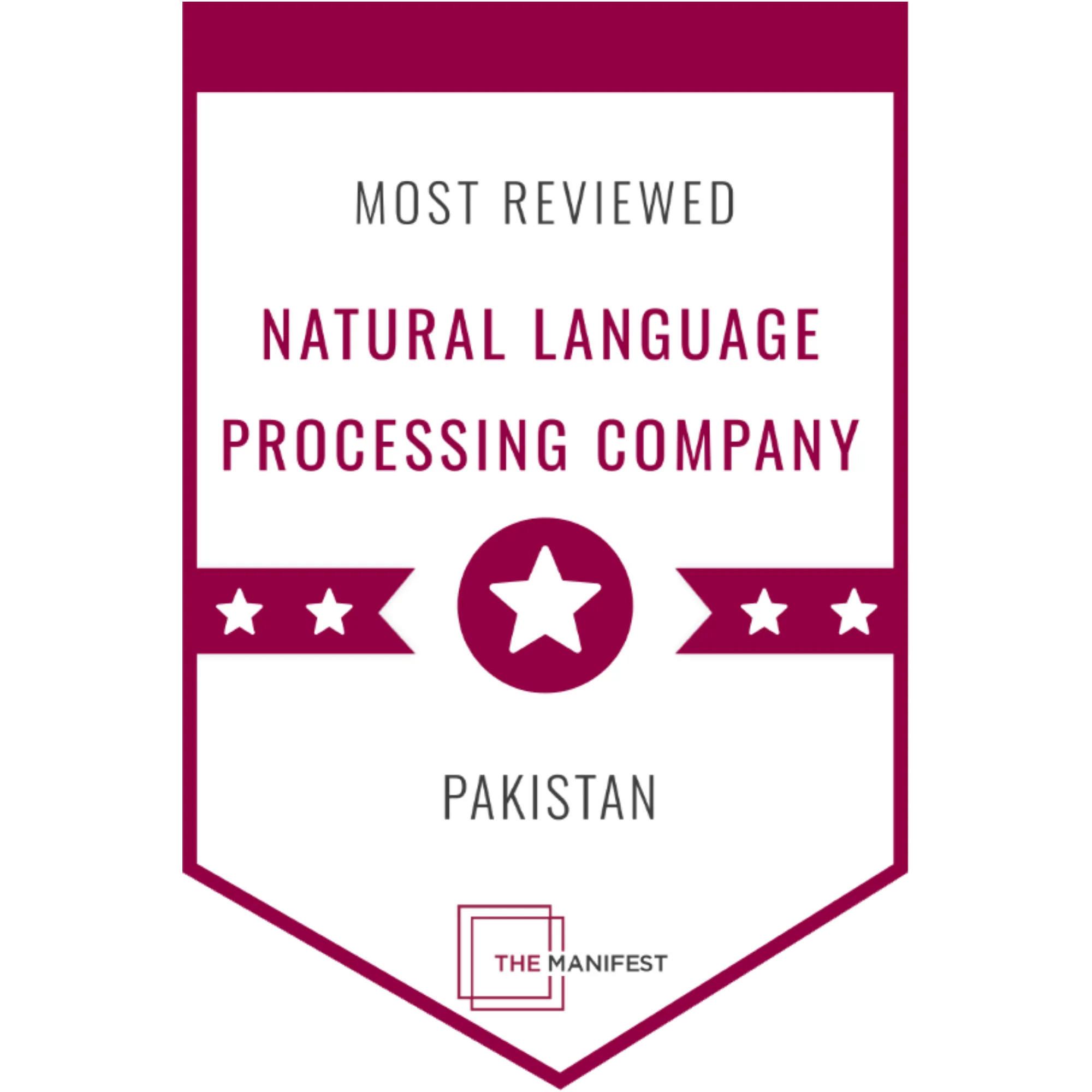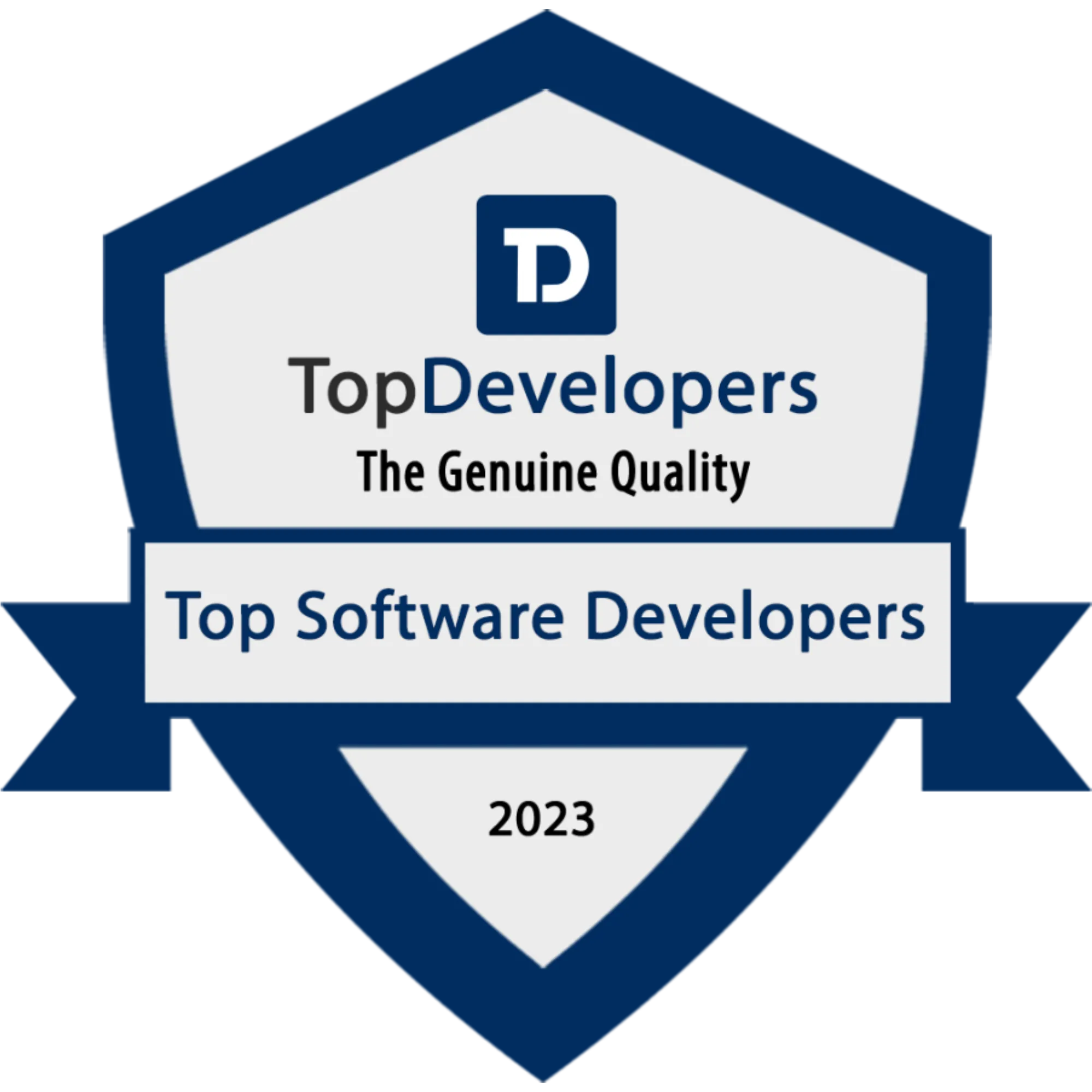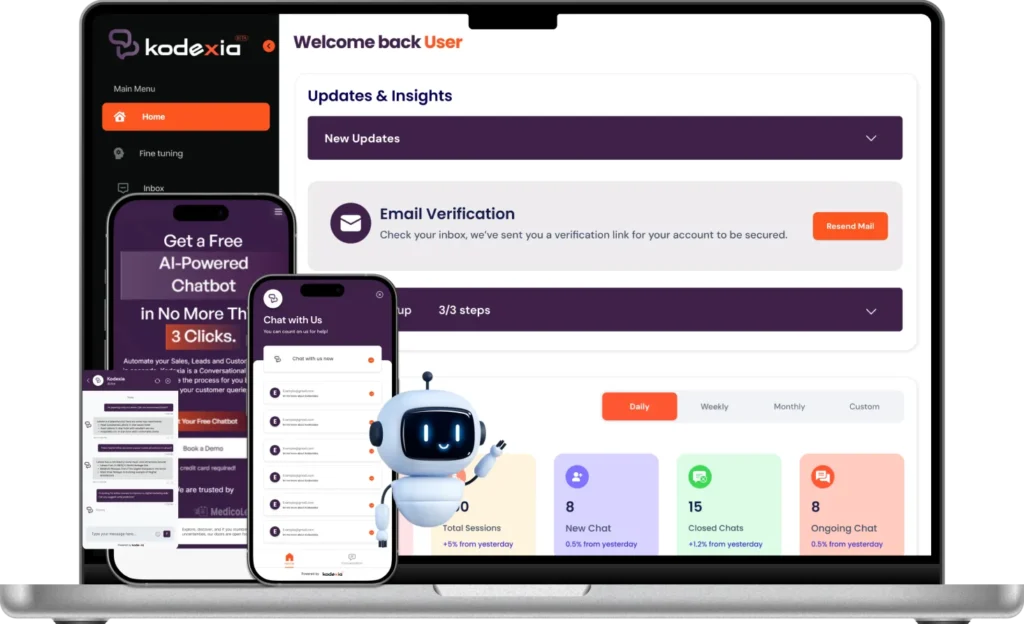Personalized Learning – Tailoring Education for Every Individual

Contents
Personalized Learning:
Personalised learning revolutionises education by tailoring instructional approaches to individual needs, preferences, and progress, fostering a more effective and engaging educational experience. Unlike traditional one-size-fits-all methods, it leverages technology and flexible teaching strategies to create a more customised and engaging educational experience. Students have the opportunity to explore content at their own pace, delve into topics that resonate with their interests, and receive targeted support based on their learning styles.
This approach not only fosters a deeper understanding of subject matter but also cultivates critical thinking skills and a sense of ownership over one’s education. By recognising and adapting to each learner’s strengths and challenges, it aims to create a more effective and fulfilling educational journey.
What is Personalized Learning?
Personalized learning is an educational approach that tailors instruction to meet the individual needs, interests, and pace of each learner. Unlike traditional one-size-fits-all methods, it recognises that students have unique learning styles, strengths, and challenges. This approach leverages technology, data, and flexible teaching strategies to create a more customised and adaptive learning experience.
In personalised learning, students often have a degree of control over their learning paths, allowing them to explore topics that interest them and progress at their own pace. Teachers play a crucial role in facilitating this process by providing targeted support, feedback, and resources based on individual student needs. The goal is to foster a deeper understanding of concepts, enhance engagement, and promote the development of critical thinking and problem-solving skills.
Technology is frequently integrated to facilitate its experiences, with adaptive software, online resources, and data analytics helping educators tailor content and activities to address specific learning gaps or challenges for each student. The overarching aim of personalised learning is to create a more student-centered, dynamic, and effective educational environment that better prepares individuals for the complexities of the modern world.
Key Principles of Personalized Learning:
Personalized learning strategies encompass a student-centered approach tailored to individual needs and preferences, fostering a dynamic and engaging educational experience. These strategies recognise the diverse learning styles and paces of students, promoting a more customised path to mastery. By leveraging personalized learning technology, educators can employ adaptive software, data analytics and AI-driven tools to assess each student’s progress, identify learning gaps, and deliver targeted content. This technology enables real-time feedback, allowing students to receive timely support and adjust their learning trajectory accordingly.
In personalised learning, educators use a variety of instructional methods to address unique student requirements. Adaptive content delivery systems, a key component of this technology, cater to students’ strengths and weaknesses, presenting material in a format that aligns with their learning preferences. The integration of multimedia resources, interactive simulations, and gamified elements further enhances engagement and comprehension. This multifaceted approach ensures that students not only grasp the subject matter but also find joy in the learning process, promoting sustained interest and motivation.
Moreover, tailored learning approaches extend beyond academics to encompass individualised goal-setting and skill development. Students actively participate in shaping their educational journey, setting objectives based on their aspirations and interests. This autonomy fosters a sense of ownership and responsibility, reinforcing the intrinsic motivation to learn. Through continuous assessment and feedback loops facilitated by personalized learning technology, educators can collaboratively guide students towards achieving their goals, adapting instructional approaches as needed.
Ultimately, the integration of individualised education methods and technology creates a dynamic and responsive educational environment. By recognising and accommodating the diverse needs of students, educators can optimise the learning experience, ensuring that each individual reaches their full potential. The combination of individualised education methods and technology not only transforms the traditional classroom model but also paves the way for a more inclusive and effective approach to education.
Benefits of Personalized Learning:
After keenly analysing the benefits of personalized learning, we came to the conclusion that its effectiveness is not limited. Among other benefits of personalized learning, some of them are stated below:
Tailored Instruction:
Bespoke learning solutions cater to individual student needs, allowing educators to tailor instruction based on each learner’s pace, preferences, and capabilities.
Adaptive Learning Paths:
Personalized learning technology dynamically adjusts learning paths, enabling students to progress at their own speed, reinforcing concepts where needed, and advancing swiftly through mastered content.
Increased Engagement:
Implementing personalized learning strategies promotes higher engagement as students find relevance and interest in the customised materials and activities, fostering a deeper connection to the educational content.
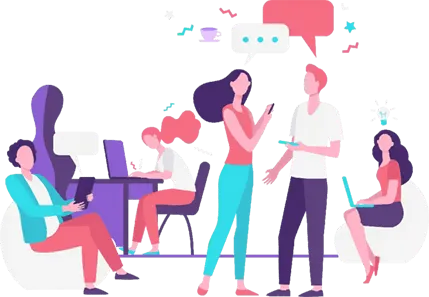
Enhanced Student Autonomy:
Personalised learning empowers students to take control of their learning journey, encouraging them to set goals, track progress, and develop a sense of ownership over their education.
Differentiated Assessments:
Tailored learning platforms facilitate the creation of varied assessments, ensuring that each student’s understanding is accurately measured and adjustments are made accordingly to address individual learning gaps.
Catering to Diverse Learning Styles:
By incorporating targeted educational plans, educators can accommodate diverse learning styles, ensuring that visual, auditory, and kinesthetic learners all receive content in a way that best suits their preferences.
Flexibility in Content Delivery:
Personalized learning technology allows for flexible content delivery, enabling students to access educational materials at any time and from anywhere, fostering a more adaptable and accessible learning environment.
Data-Driven Decision Making:
Utilising personalized learning strategies involves leveraging data insights from student progress, helping educators make informed decisions to refine and optimise teaching methods based on real-time performance data.
Individualised Feedback:
Individualised instructional tools facilitate the delivery of immediate and targeted feedback to students, reinforcing positive behaviours and addressing specific areas that require improvement, thereby enhancing the overall learning experience.
Promoting Lifelong Learning Skills:
Through specialised learning approaches, students develop essential skills such as self-directed learning, critical thinking, and problem-solving, preparing them for a future where continuous learning is crucial.
Technology’s Role in Personalized Learning:
The role of technology in personalised learning is pivotal, as it facilitates the implementation of specialised learning approaches tailored to individual needs and preferences. Personalized learning technology plays a crucial role in creating adaptive and flexible educational experiences, allowing students to progress at their own pace. This technology utilises data analytics and artificial intelligence to assess students’ strengths and weaknesses, enabling the customisation of content delivery.
Personalized learning strategies, supported by technology, aim to address diverse learning styles, ensuring that students receive content in a format that suits their preferences. Advanced educational platforms use individualised learning solutions to track students’ progress, providing real-time feedback and adapting instructional materials accordingly. This adaptive approach fosters a more engaging and effective learning environment, allowing students to focus on areas where they need improvement while moving quickly through material they have mastered.
Incorporating tailored learning platforms into educational settings not only enhances the efficiency of instruction but also promotes self-directed learning. Students can access resources tailored to their individual needs, fostering a sense of autonomy and ownership in their educational journey. By leveraging targeted educational plans and technology, educators can create a dynamic and responsive learning ecosystem that caters to the unique requirements of each student, ultimately enhancing the overall quality and effectiveness of the educational experience.
Challenges and Criticisms:
Personalized learning strategies have encountered various challenges and criticisms, posing obstacles to their widespread adoption and effectiveness. One key challenge revolves around the implementation of personalized learning technology in educational settings. Critics argue that the integration of such technology often requires substantial financial investments and comprehensive training for educators, hindering its seamless incorporation into existing curriculum structures.
Moreover, tailored learning approaches face scrutiny for their reliance on technology, with concerns raised about potential disparities in access to resources among students. Critics argue that not all students may have equal access to custom educational experiences, creating a digital divide that exacerbates educational inequalities. This issue underscores the need for careful consideration of the socio-economic factors that may impact the success of personalised learning initiatives.
In addition to technological challenges, adaptive learning techniques have faced criticism regarding their impact on teacher-student dynamics. Some argue that an overemphasis on adaptive learning technology may diminish the role of educators, potentially leading to reduced interpersonal interactions and a more isolated learning experience. Striking a balance between leveraging technology for personalised learning and preserving the crucial teacher-student relationship poses a nuanced challenge that educators must navigate.
Furthermore, sceptics highlight concerns about the effectiveness of individualised education methods in addressing diverse learning needs. While these strategies aim to cater to individual student strengths and weaknesses, critics question their ability to sufficiently adapt to the wide-ranging learning styles present in a diverse classroom setting. This criticism emphasises the importance of ongoing research and development to enhance the adaptability and inclusivity of personalised learning approaches.
Personalisation Techniques:
Personalisation techniques in personalised learning involve tailoring educational experiences to individual learners’ needs using personalized learning strategies and personalized learning technology. These approaches leverage data-driven insights to adapt content, pace, and instructional methods, fostering a more customised and effective learning environment for each student’s unique preferences and abilities.
Differentiated Instruction:
Differentiated instruction is a personalized learning strategy that tailors teaching methods to accommodate diverse learning needs within a classroom. It involves adapting content, process, and assessment to cater to individual student abilities and preferences. In the context of individualised instructional tools, educators can leverage adaptive learning platforms to provide customised lessons and assessments, ensuring that each student receives instruction at their own pace and in alignment with their unique learning styles.
Project-Based Learning:
Project-based learning (PBL) is a personalized learning strategy that fosters student engagement and critical thinking through hands-on, collaborative projects. In a personalised learning environment, technology can play a pivotal role in facilitating project-based learning experiences. Online platforms and collaborative tools empower students to work on projects that align with their interests, allowing them to delve deeper into subjects while utilising individualised instructional tools to receive feedback and support tailored to their individual progress and needs.
Gamification in Personalized Learning:
Gamification in personalised learning involves integrating game elements and principles into the educational experience to enhance motivation and engagement. By incorporating individualised instructional tools, educators can design gamified platforms that adapt to students’ skill levels and preferences. Gamification not only makes learning more enjoyable but also allows for the personalisation of challenges and rewards, ensuring that students receive targeted content and feedback based on their progress and achievements within the gamified learning environment. This approach enriches the overall individualised education methods employed in the educational setting.
Teacher’s Role in Personalized Learning:
In the realm of education, the teacher plays a pivotal role in implementing personalized learning strategies tailored to meet the diverse needs of individual students. Personalised learning involves the customisation of instructional methods and content to address the unique learning styles and pace of each learner. The teacher becomes a facilitator, guiding students through their educational journey by leveraging customised educational experiences to create a more adaptive and responsive learning environment.
Teachers employing unique learning pathways focus on understanding the strengths, weaknesses, and preferences of each student. By doing so, they can tailor instruction to optimise the learning experience, ensuring that students grasp concepts thoroughly. The integration of personalized learning technology further enhances this process, allowing educators to utilise digital tools, adaptive software, and online resources to cater to the varied needs of their students.
Through the use of customised educational experiences, teachers can track individual progress, identify learning gaps, and provide timely feedback. This data-driven approach enables educators to make informed decisions about adjusting instructional methods and content to better suit the students’ evolving needs. By incorporating these innovative tools, teachers empower students to take ownership of their learning journey, fostering a more engaged and self-directed educational experience.
In conclusion, the teacher’s role in personalised learning is dynamic and adaptive. By implementing unique learning pathways and leveraging customised educational experiences, educators create an environment where each student’s unique learning profile is acknowledged and addressed. This approach not only enhances the overall learning experience but also equips students with the skills and knowledge necessary for success in an increasingly diverse and technology-driven world.
Parental Involvement and Support:
Parental involvement and support play a crucial role in enhancing personalized learning strategies for students. When parents actively engage in their child’s education, they contribute significantly to the success of personalised learning initiatives. This involvement extends beyond traditional educational methods and aligns with the evolving landscape of adaptive learning technology.
In the realm of custom-tailored instructional methods, parents become essential partners in understanding and supporting their child’s unique educational needs. This collaboration enables educators to tailor learning experiences to individual students, addressing specific strengths and areas for improvement. The use of customised educational experiences further empowers parents to stay informed about their child’s progress and actively participate in shaping their educational journey.
Effective parental involvement in personalised learning goes beyond mere awareness; it involves a hands-on approach to navigating and utilising personalized learning technology platforms. Parents become advocates for their child’s educational experience, leveraging these tools to stay informed about curriculum customisation, progress tracking, and the overall adaptability of personalized learning strategies. This active engagement ensures a seamless integration between home and school, fostering an environment conducive to academic success.
Furthermore, parental support in the context of adaptive learning techniques extends to facilitating a positive attitude towards technology. As students utilise individualised digital education to explore and master educational content, parents play a pivotal role in encouraging a healthy relationship with digital tools. By embracing and understanding the benefits of individualised digital education, parents can guide their children towards responsible and effective use, reinforcing the synergy between home support and personalised learning initiatives in educational institutions.
Future Trends in Personalised Learning:
The future of personalised learning holds immense promise as education embraces tailored approaches to meet the unique needs and preferences of individual learners. Adaptive learning techniques, characterised by flexibility and customisation, are becoming increasingly integral to educational frameworks worldwide. This paradigm shift in education is driven by the recognition that each student possesses a distinct learning style, pace, and set of strengths. As we move forward, adaptive learning techniques will continue to evolve, leveraging advancements in individualised digital education to create more adaptive and effective educational experiences.
Personalized educational strategies are rooted in the idea that one-size-fits-all approaches to education are no longer sufficient. By tailoring instructional methods to cater to the specific needs of students, educators can foster a deeper understanding of subjects, enhance engagement, and ultimately improve learning outcomes. As technology continues to play a pivotal role in education, tailor-made learning technologies become a catalyst for transformation. Adaptive learning platforms, intelligent tutoring systems, and data analytics tools are just a few examples of individualised instructional tools that are reshaping the educational landscape.
The integration of tailor-made learning technologies empowers educators to gather real-time data on student progress, enabling them to make informed decisions about instructional interventions. This data-driven approach allows for the identification of individual learning gaps and strengths, facilitating targeted support and enrichment activities. Furthermore, personalised learning technology facilitates a more dynamic and interactive learning environment, promoting active student participation and collaboration. Virtual and augmented reality tools, for instance, provide immersive experiences that cater to diverse learning preferences.
In the future, personalised learning strategies will extend beyond traditional classroom settings. Online learning platforms, often equipped with adaptive algorithms, will continue to gain prominence, offering learners the flexibility to progress at their own pace. These platforms utilise tailor-made learning technologies to deliver content that aligns with individual proficiency levels, ensuring a more personalised and efficient learning journey. Additionally, artificial intelligence (AI) will play an increasingly crucial role in analysing vast datasets to predict and prescribe personalised learning paths for students.
One of the key benefits of tailored learning approaches is their ability to foster a growth mindset among learners. By tailoring challenges to individual skill levels, personalised learning encourages a sense of accomplishment and resilience in the face of difficulties. Moreover, individualised digital education can provide instant feedback, allowing students to reflect on their performance and take ownership of their learning journey. This shift towards student-centred education is a paradigmatic change that transcends traditional models of instruction.
As educational institutions continue to embrace the future of personalised learning, it is crucial to address challenges and ensure equitable access to these innovative approaches. Policymakers and educators must collaborate to bridge the digital divide, making adaptive learning technology accessible to all students regardless of socio-economic backgrounds. Additionally, professional development opportunities for educators should be prioritised to ensure effective implementation of customised learning plans in diverse learning environments.

Conclusion:
In conclusion, personalised learning strategies have emerged as a transformative educational approach, catering to individual student needs and preferences. The integration of personalised learning technology has played a pivotal role in enhancing the effectiveness of these strategies and fostering a dynamic and adaptive learning environment. Through the utilisation of tailored content, pacing, and assessments, adaptive learning techniques empower students to engage with educational materials at their own pace, promoting a deeper understanding of the subject matter.
The implementation of customised educational experiences further allows educators to track and analyse student progress, providing valuable insights into individual learning styles and areas that may require additional attention. By using the potential of data-driven insights, personalised educational strategies become more refined and responsive, optimising the overall learning experience for each student. As a result, the marriage of adaptive learning techniques and customised educational experiences creates a symbiotic relationship, maximising the benefits of both components.
In the contemporary educational landscape, the emphasis on personalized learning strategies, coupled with the advancements in customised educational experiences, signifies a shift towards a more student-centric and adaptive approach to learning. This holistic integration not only addresses the diverse learning needs of students but also fosters a sense of ownership and motivation within each learner. Ultimately, the future of AI in education lies in the continued exploration and refinement of unique learning pathways and the seamless incorporation of personalized learning technology to unlock the full potential of every student.

